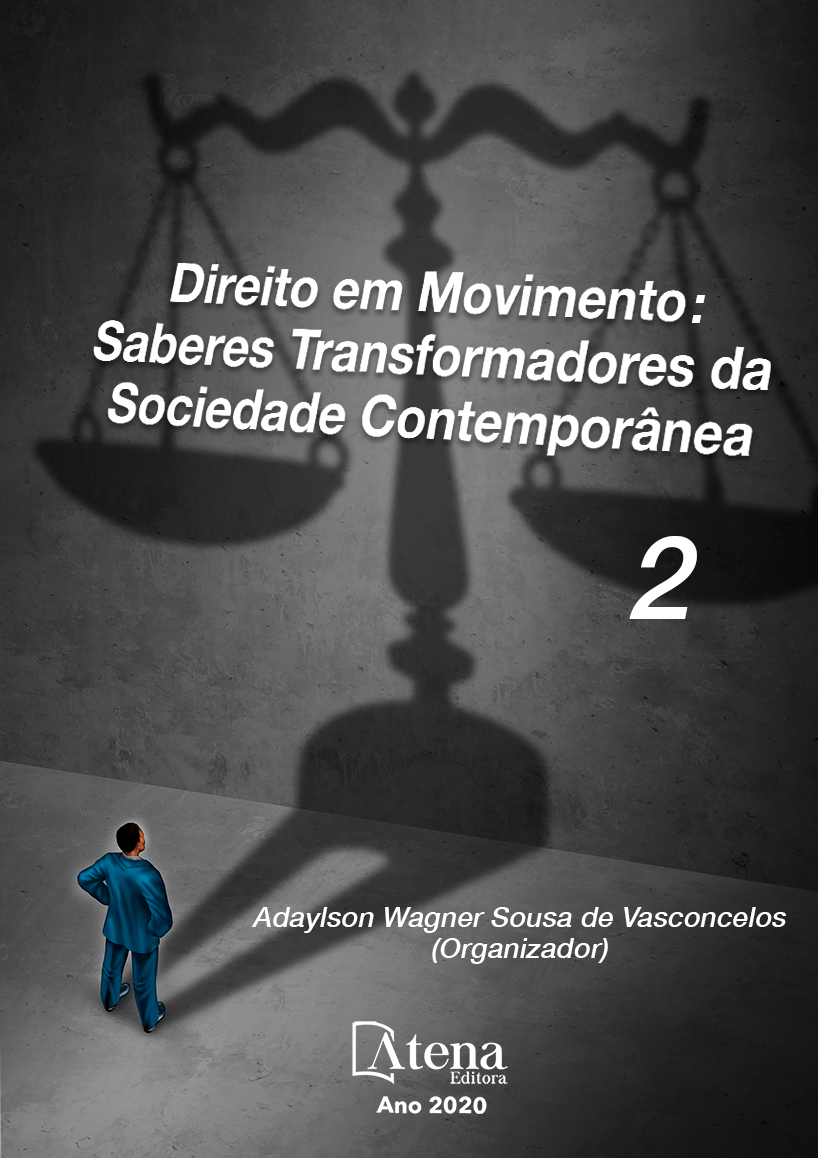
A REPRESENTAÇÃO FEMININA NAS UNIVERSIDADES E A CONCREÇÃO DA CIDADANIA
Este trabalho faz uma abordagem quali-quantitativa da presença das mulheres no ensino superior brasileiro, trazendo dados oficiais do Censo da Educação Superior do Instituto Nacional de Estudos e Pesquisas Educacionais Anísio Teixeira (Inep/MEC) e dados da Universidade do Estado de Minas Gerais – Unidade Passos, (UEMG-PASSOS). O objetivo do estudo é discutir a representatividade da mulher na universidade e sua importância para a concreção da cidadania feminina. Os números comprovam que as mulheres são maioria nos cursos superiores, no entanto, elas ocupam majoritariamente as vagas nos cursos de licenciatura e humanas, enquanto os homens são maioria nos campos de engenharias e tecnológicas, o que, em tese, perpetua a tradicional divisão sexual do trabalho e mantém a mulher longe de equidade de gênero no ambiente acadêmico. O estudo foi elaborado através de análise de dados consolidados, relatórios oficiais do governo, relatório da UEMG-Passos, além da mobilização da literatura especializada.
A REPRESENTAÇÃO FEMININA NAS UNIVERSIDADES E A CONCREÇÃO DA CIDADANIA
-
DOI: 10.22533/at.ed.70820180818
-
Palavras-chave: mulheres; equidade de gênero; ensino superior; universidade.
-
Keywords: women; gender equity; University education; university.
-
Abstract:
This paper makes a qualitative and quantitative approach to the presence of women in Brazilian higher education, bringing official data from the Higher Education Census of the National Institute of Educational Studies and Research Anísio Teixeira (Inep / MEC) and data from the Minas Gerais State University - Steps Unit, (UEMG-STEPS). The aim of the study is to discuss the representativeness of women in the university and its importance for the realization of female citizenship. The numbers show that women are the majority in higher education, however, they occupy mostly vacancies in undergraduate and human courses, while men are the majority in engineering and technological fields, which, in theory, perpetuates the traditional sexual division. and keeps women away from gender equity in the academic setting. The study was prepared through analysis of consolidated data, official government reports, UEMG-Passos report, and the mobilization of specialized literature.
-
Número de páginas: 16
- Juvêncio Borges Silva
- Selma Cristina Tomé Pina


